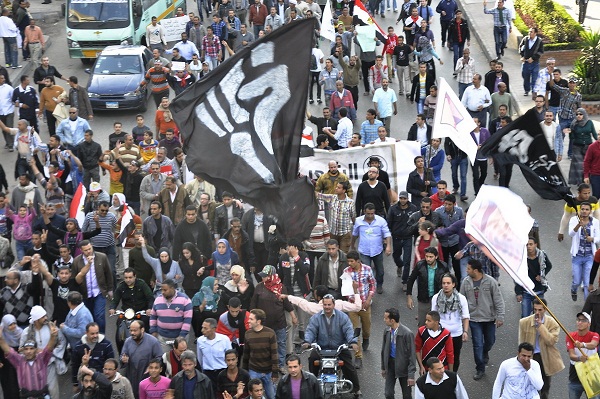Assistant Secretary-General of the Arab League, Ambassador Hossam Zaki, met on Monday with Lebanese President Michel Aoun, Prime Minister Najib Mikati, Parliament Speaker Nabih Berri, and Lebanese Foreign Minister Abdullah Bou Habib in Beirut, to discuss the Lebanese-Gulf crisis and to reach a way out that suits all parties.
In a statement, Zaki said that the ongoing reconciliation efforts may go in a positive direction. He expressed his hope that the Beirut visit would be the starting point to overcome this crisis, which will be followed by a more profound and serious dialogue on the course of the Lebanese-Gulf relationship in general.
“The relations between the Arab countries have foundations on which they are based, and there is a charter of the Arab League and everyone is committed to it, and this matter we are keen to respect,” Zaki said.
For his part, Naguib Mikati said that Lebanon is keen on restoring its normal relations with Saudi Arabia and other Gulf states.
He also renewed “the country’s commitment to all Arab League decisions towards the Yemeni crisis, stemming from the UN Security Council resolution and the Gulf initiative, and the principle of dialogue between the concerned parties.”
Statements issued by the Lebanese Minister of Information, George Kordahi, regarding the Yemeni crisis, sparked a wave of Gulf criticism, and caused Saudi Arabia to recall its ambassador to Beirut and to ask the Lebanese ambassador to leave Riyadh. Bahrain and then Kuwait also took the same step, and the UAE announced after that to withdraw its diplomats and prevent its citizens from traveling to Lebanon.
The Lebanese government has expressed its rejection of Kordahi’s statements, stressing that they do not express Lebanon’s official position.


